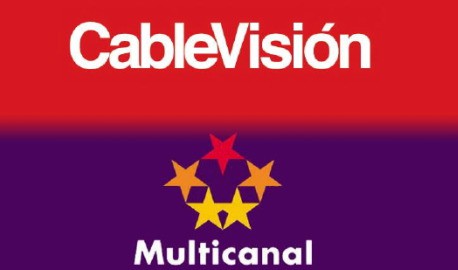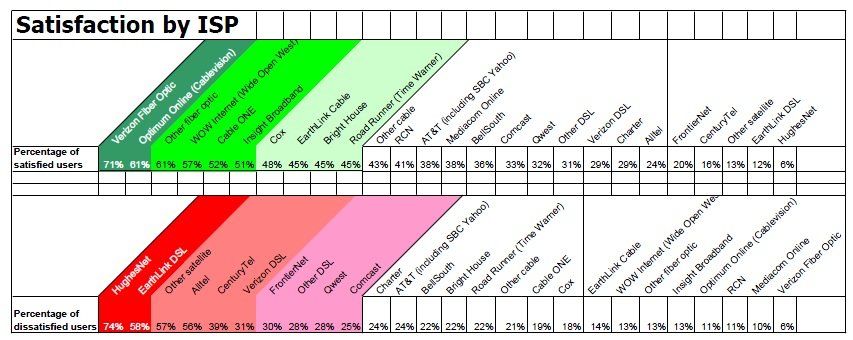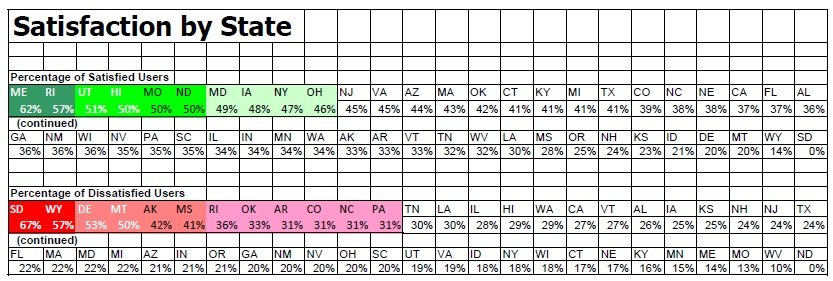The Argentine government recognizes market concentration when it sees it, and has overturned a decision by the Argentine Supreme Court to approve the merger of two giant cable conglomerates in Argentina — Cablevisión and Multichannel, both owned by Grupo Clarín. Combined, they would control more than half of the nation’s cable television marketplace. The decision to block the merger, announced by Federal Broadcasting Committee Chairman Gabriel Mariotto in testimony before the Argentine Congress, came out of concerns that a combined company would abuse its market position. But Mariotto also expressed concern that the single company would have a stranglehold over soccer coverage, something Argentina’s citizens could never accept.
Mariotto said Argentina’s new media law to combat market concentration would “do away with the status of dominant market position.”
“With the control these two companies would have over popular television programming like football, which would likely only be available on their cable systems, competitors could never get off the ground,” argued Mariotto.
Cablevisión executives immediately condemned the decision by the government of President Cristina Fernandez de Kirchner, and questioned why the transaction, approved by the former government run by President Kirchner’s husband, Nestor, was now suddenly off the table.
“Cablevisión is at 47% market share nationally, far from the telephone companies as they reach over 95%,” according to Cablevisión officials.
Cablevisión’s statement added: “It is very striking that Chairman Mariotto made the decision without ever notifying Cablevisión of the reasons, and never gave the company a chance to respond. Cablevisión strictly complies with all Argentine laws, in regards to our franchise agreements, programming contracts and corporate governance.”
The company accused Mariotto of playing politics, accusing him of “misleading” lawmakers and the public, and grandstanding through his very visible public announcement.
Ironically, Argentina’s challenge of big cable operator mergers comes just one week after a federal judge in Washington threw out an FCC-mandated maximum limit of 30% market control for America’s cable operators. A legal challenge, brought by Comcast, resulted in the cap being tossed. Comcast, the nation’s largest cable operator, is already nearing the former 30% limit and is now free to exceed it with additional mergers and acquisitions.


 Subscribe
Subscribe






